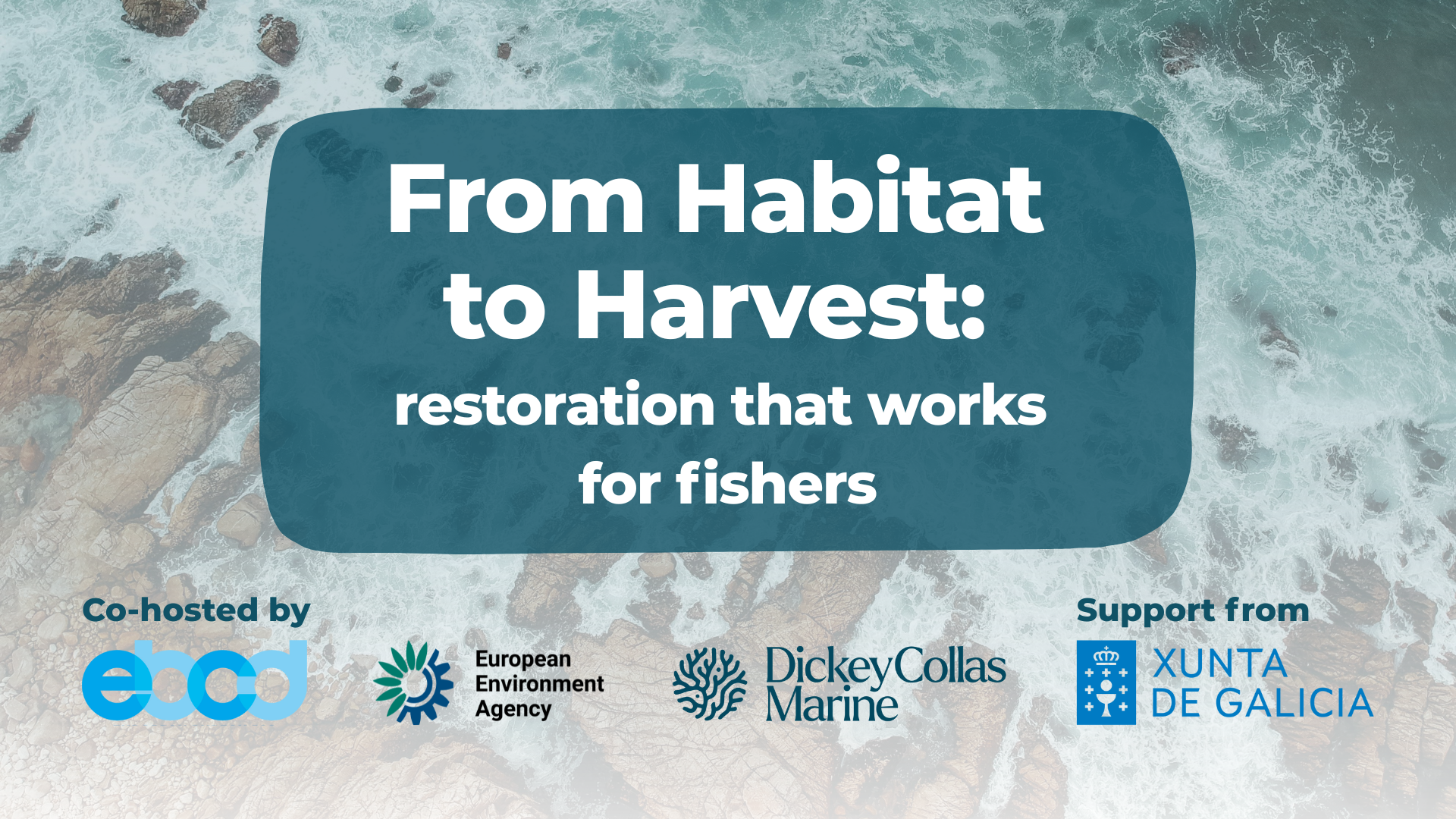In the context of this year’s UN Climate Conference (COP27) in Sharm El-Sheikh, the European Bureau for Conservation and Development (EBCD) organized three events on the ocean-climate nexus in partnership with FAO, the European Parliament Intergroup on Climate Change, Biodiversity and Sustainable Development, Plymouth Marine Laboratory, Rare, Blue Marine Foundation and the University of Strathclyde. These events aimed at raising awareness on the role of blue foods in climate negotiations. The need to better focus on resilient aquatic food systems, adaptive management and decarbonization of fisheries and aquaculture was highlighted.
Jacopo Pasquero, International Affairs Advisor at EBCD, says: “Climate change considerably impacts the ocean. Water acidification, sea-level rise, increase of water temperatures and invasive species are serious threats to marine ecosystems and coastal communities alike. At the same time, aquatic food systems are a source of adaptation and mitigation measures and, if properly involved, they can significantly contribute to the Paris Agreement goals. For that to happen, we need to mainstream the ocean in the climate agenda. This objective also means going well beyond the traditional ocean-based climate actions and including those actors that have been so far left out of the discussion, such as aquatic food producers.”
“The three events organized by EBCD highlighted that while this process is now only starting, blue foods offer an opportunity to simultaneously advance progress on climate goals and the Agenda 2030. However, while the ocean is now being increasingly recognized in the UN climate talks, there is a clear need for inputs and expertise on fisheries and aquaculture. These are sectors that, if effectively managed and with lower carbon emissions, can offer significant co-benefits for climate and food security. The problem is that, as negotiations move forward, the ocean is mainly talked about in relation to conservation, shipping and blue carbon. If we leave out aquatic food systems, we will miss the opportunity to unleash the full potential of blue foods while achieving the Paris Agreement goals.”
“2022 is an year full of international meetings, including the UN Climate and Biodiversity Conferences. At COP27 we start a conversation that we need to bring forward at its twin conference on biodiversity, CBD COP15 in Montréal, and the core of this conversation is that the climate and biodiversity crises need to put people at the center. There is no change without people driving that change.” concludes Mr. Pasquero.
More information on the three events is available here.
Full press release available here.




